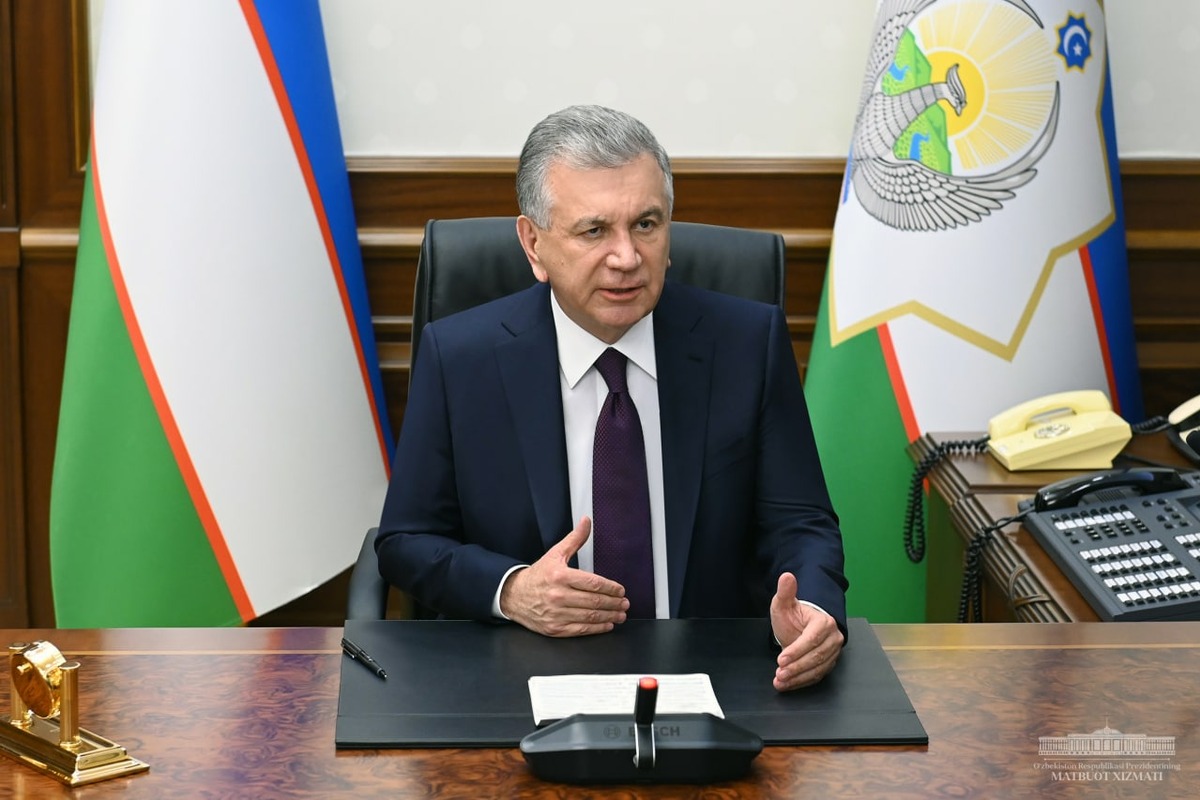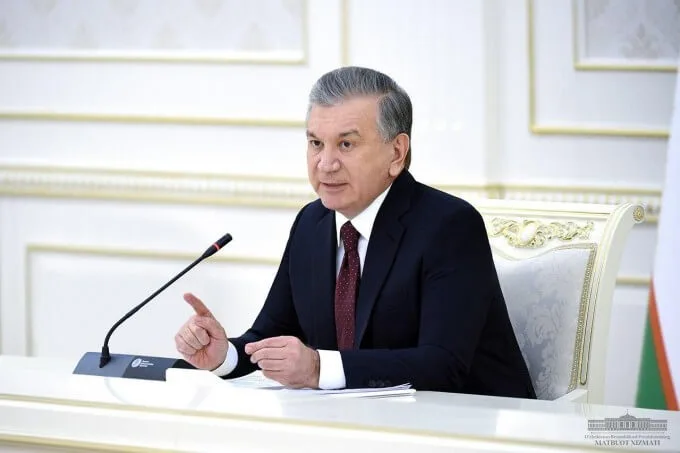Shavkat Mirziyoyev’s Strategic Reforms: Propelling Uzbekistan into the Global Arena
Uzbekistan, with its 36 million inhabitants, has undergone a notable transformation in recent years, emerging as a key player on the international stage. The country actively expands its global trade networks, entices foreign investments, and fosters tourism. It’s remarkable to consider that just a decade ago, Uzbekistan operated as a closed authoritarian state, rife with barriers for foreign investors and concerning cases of forced labor, notably in the cotton industry.
Pioneering Leadership: Mirziyoyev’s Vision for Change
Born into a family of medical professionals in 1957, Shavkat Mirziyoyev‘s diverse career background, encompassing academia and various administrative roles, offered him profound insights into Uzbekistan’s economic fabric. Taking office in 2016, Mirziyoyev initiated comprehensive reforms, releasing political detainees, enabling currency convertibility, streamlining bureaucratic processes for businesses, and fostering robust global partnerships.
Economic Revitalization through Foreign Investment

Post its separation from the USSR in 1991, Uzbekistan inherited a Soviet-style economic structure with outdated industries and an emerging consumer goods sector. Coupled with rapid population growth and scarce employment opportunities, many Uzbek citizens sought work abroad. Mirziyoyev’s strategic focus centered on reinvigorating the economy through foreign investments and privatizing state-owned assets, with Germany emerging as a significant European partner. Over the past two years, Uzbekistan has attracted over $2.5 billion in German investments, hosting approximately 200 German-affiliated companies within its borders.
Fostering International Trade: A Driving Force of Development
Uzbekistan, known for its exports of cotton, uranium, gold, fruits, and vegetables, historically monopolized the production and export of numerous goods. Under Mirziyoyev’s leadership, coerced cotton harvesting was abolished, paving the way for private and foreign investments in cotton processing and textiles. Germany stands as Uzbekistan’s primary European trading partner, with bilateral trade reaching $1.2 billion last year, largely powered by German exports of industrial equipment and Uzbek imports of agricultural produce, textiles, and apparel.
Embracing Sustainable Energy Initiatives
With a vision to reduce dependence on fossil fuels and modernize the economy, Mirziyoyev aims to raise the share of renewable energy to 40% of Uzbekistan’s energy mix by 2030. Collaborating actively with Europe, China, and the Middle East, Uzbekistan embarks on new solar and wind power initiatives. Inspired by Germany’s model, the country introduced competitive bidding for projects aimed at reducing electricity costs. Additionally, households installing solar panels receive state subsidies, marking considerable progress toward adopting sustainable energy practices.
Future Trajectory for Uzbekistan
Mirziyoyev recently endorsed Uzbekistan’s 2030 Development Strategy, a collective roadmap aimed at doubling GDP, boosting exports, improving education and healthcare, and elevating citizens’ incomes above the global average. The nation aims to attract $110 billion in foreign investments to achieve these goals, with Germany anticipated to play a pivotal role in this transformative journey.
Under Shavkat Mirziyoyev’s strategic stewardship, Uzbekistan undergoes an extraordinary metamorphosis characterized by openness, economic diversification, and heightened global competitiveness, promising a prosperous future for the nation and its populace.






